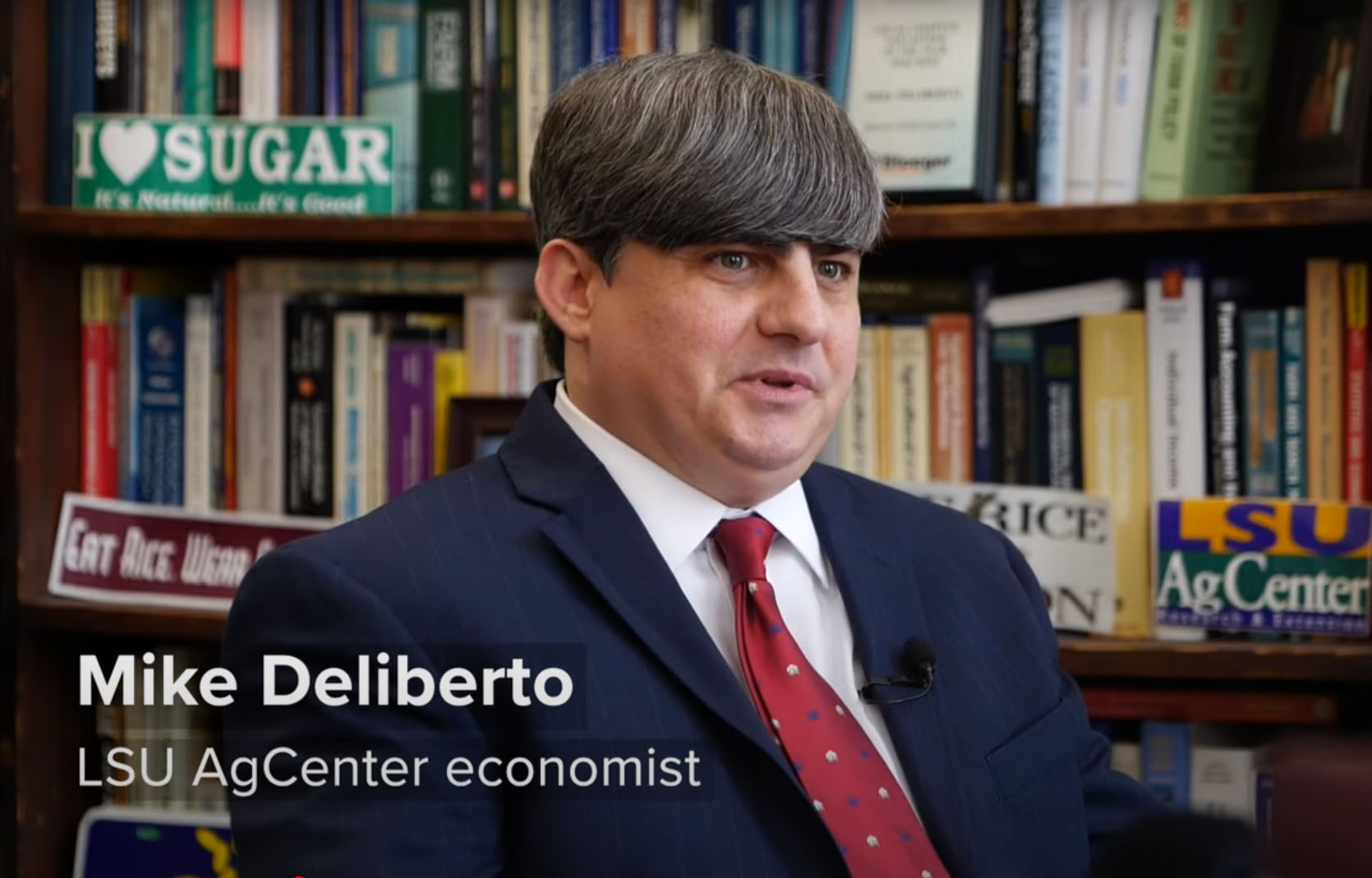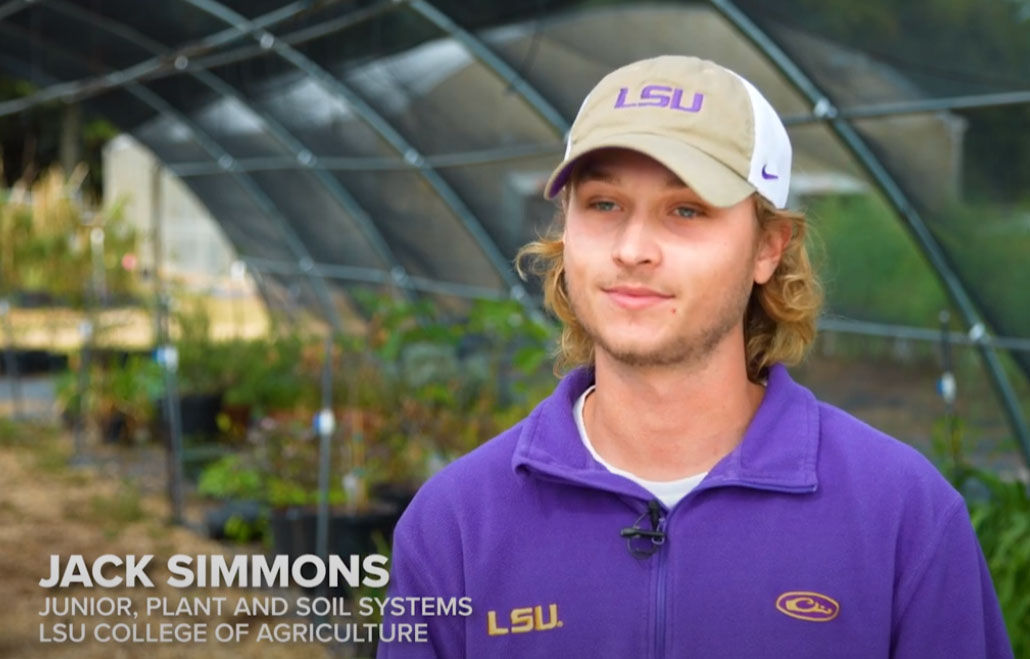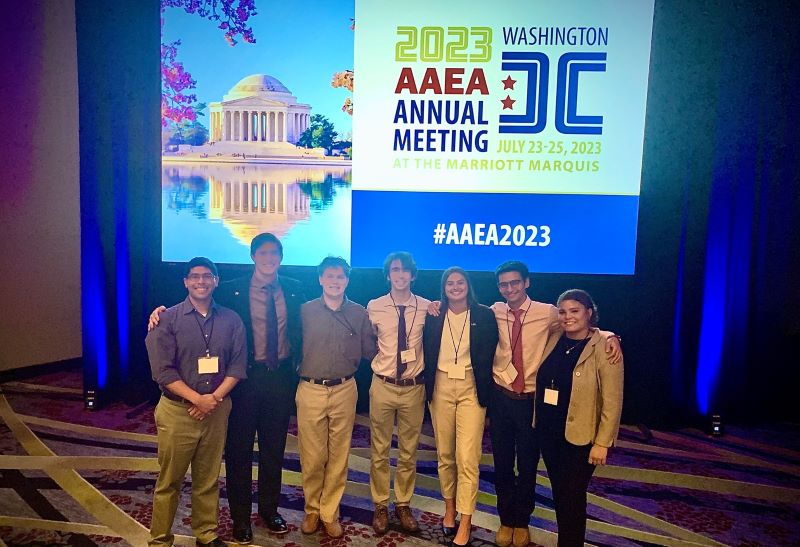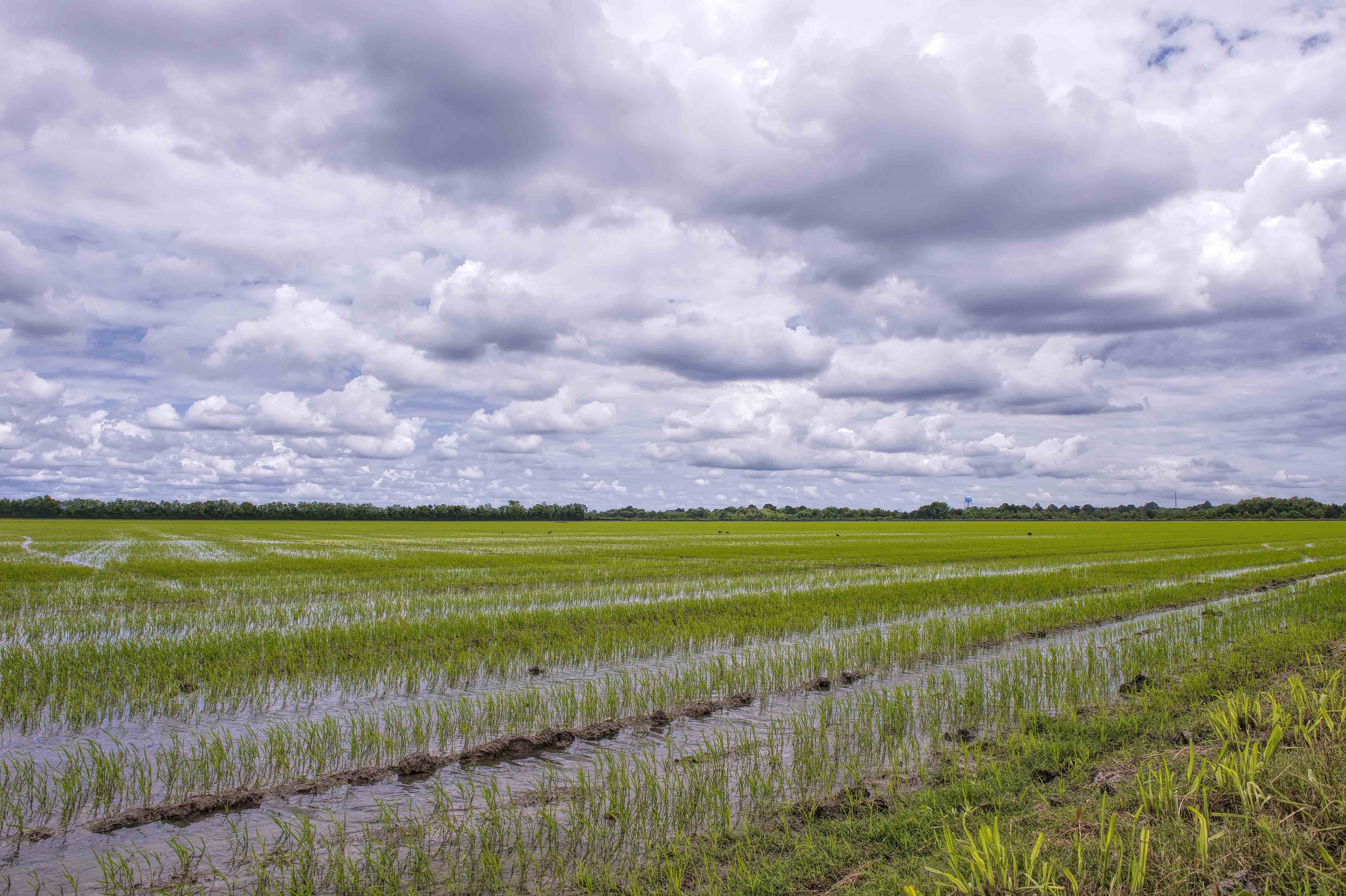Agricultural
Innovation and Education
Agriculture is big business in Louisiana - contributing billions of dollars to the economy.
LSU’s commitment to sustaining and supporting the agriculture economy of Louisiana is the common thread that defines our past and reimagines our future.
Learn With Us
Serving Louisiana and communities across the globe, the LSU College of Agriculture and LSU AgCenter strive to enhance the lives of others, steward the land and its natural resources, and create sustainable solutions for the challenges we face.
- LSU College of Agriculture — For more than 100 years, the College of Agriculture has been an integral part of the LSU community. Our roots go back to the first graduating class, and while the mission of the college evolved, our commitment to agricultural production in Louisiana remains the common thread that binds the college's past and future.
- LSU AgCenter — The LSU AgCenter is one of nine campuses of the LSU System. With offices in every parish and research stations across the state, the LSU AgCenter is committed to serving the citizens of Louisiana. That pledge includes our dedication to agriculture and the vital work of providing innovation and support for the food and fiber sector while improving agriculture’s valuable contributions to the state’s economy. Our educational efforts span nutrition and health, food safety, backyard gardening, disaster preparedness, storm recovery, youth development, managing insects and natural threats, economic development, resource conservation, and so much more.
The LSU System is training tomorrow's agriculture leaders through a variety of academic programs and courses for undergraduate and graduate students.
As Louisiana’s first land-grant university in 1877, LSU is charged with advancing the lives of Louisianans through teaching, research, and outreach.
Constant revitalization of our agricultural enterprise focused in the pursuit of industry-shaping discoveries and solutions, LSU will continue to provide solutions and solve problems that are limiting innovation and threatening the stability of this crucial industry.
Our continuously growing world population and changing environmental conditions demand that we increase and optimize our food and fiber production. The key lies in education and research to refine existing technologies and develop new tools, methods, and crop varieties. LSU’s agriculture enterprise also plays a critical role in achieving cleaner water and air, sustainable forests, a stable coastlines, and vibrant ecosystems that protect the livelihoods and traditions that make Louisiana like no other state.
AgCenter and LSU College of Agricultural will serve as a leading provider of agricultural innovation and education for the state of Louisiana and the nation. Merging traditional practices in agriculture with advancing technology and modern tools to improve outcomes for Louisiana farmers, we will ensure food security for every person in our state.
Agricultural Research in Action
An LSU researcher is part of a study that found that crawfish act as an early warning system for pollution. The work demonstrates how microplastics, particularly when combined with other pollutants, compromise crawfish health and pose a threat to freshwater ecosystems.
In 2025, LSU researchers took on Louisiana’s most urgent challenges—and pushed the boundaries of discovery far beyond our state’s borders, delivering bold solutions rooted in ingenuity, collaboration, and a deep commitment to improving lives.
Hydroponics is a method for growing food in a water-based solution rich in nutrients, rather than using soil, which offers benefits but also presents unique challenges to food safety. LSU researchers are generating science-based data to address those challenges.
1 of 34
LSU is one of a handful of universities holding a national sea grant designation
Billion Pounds
Louisiana Seafood Industry has the largest catch in the lower 48 states—providing more than 1 billion pounds of seafood annually
$11.2B
Agriculture currently supports $11.2 billion of Louisiana’s economy
Agriculture Academic Programs
LSU has a variety of academic programs and courses for undergraduate and graduate students interested in agriculture related fields.









